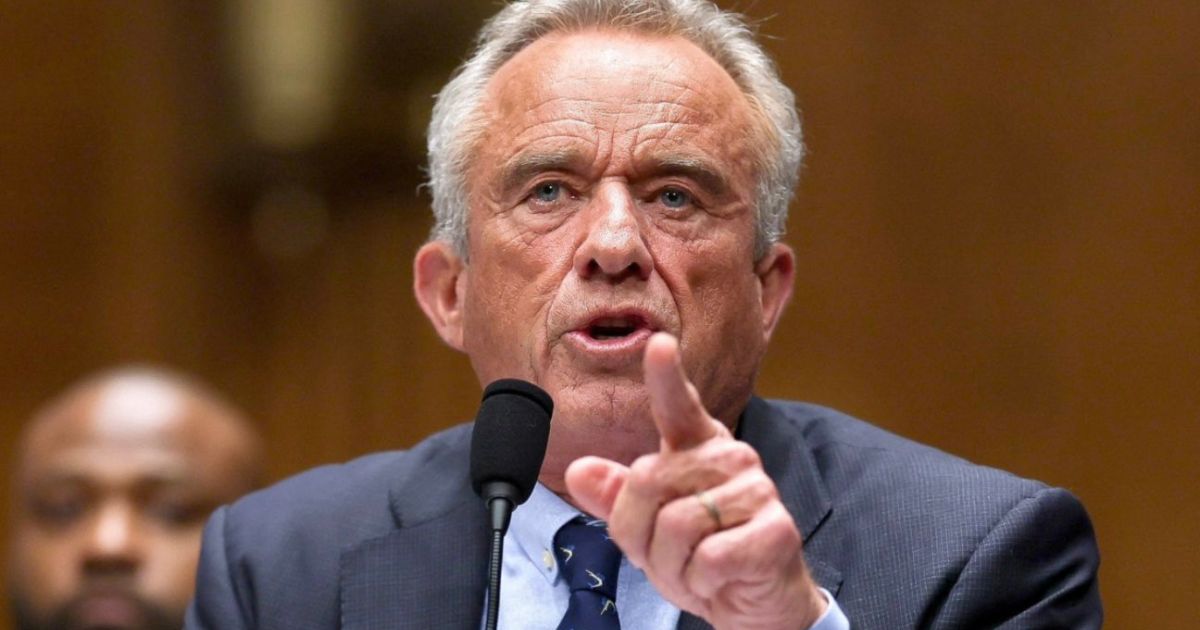Robert F. Kennedy Jr. is not a name anyone needs an introduction with, especially in today’s volatile political world. He is the son of the esteemed Attorney General Robert F. Kennedy and nephew of President John F. Kennedy.
Being a Kennedy, he was born into the life of drama and tragedy. He has suffered great losses, had difficult young-adult life and has faced a series of significant health challenges.
However, now that he has taken over the role of US Secretary of Health and Human Resources under the Trump administration, it is important to know his medical history as his controversial opinions shape the public health sector.
Robert F. Kennedy Jr. shared a defining chapter of his life: “In 2005, I published a Rolling Stone article exposing thimerosal, a mercury-based preservative in vaccines, known as a potent neurotoxin linked to neurological and autoimmune disorders in children.
In 2003, it was… pic.twitter.com/jvAcJvoYAX
— Camus (@newstart_2024) May 6, 2025
One of Kennedy’s persistent crusades has been against mercury exposure in vaccines. Even when he revealed his own brush with mercury poisoning, it happened after he consumed Tuna with potentially dangerous levels of mercury. He had to get a diagnosis that confirmed the presence of mercury toxicity in his system. It caused symptoms similar to those he warned the public about .
In 2010, RFK Jr was battling career controversies and going through personal turmoil. It was then that he started to experience alarming bouts of brain fog and memory loss. There was a lesion found in his brain that mimicked a tumor.
After a torturous surgical scare, doctors later discovered the cause. There was a dead larval tapeworm in his brain, a condition known as neuro-cysticercosis.
NEW: New York Times Reports: RFK Jr. says ,”a worm…got into my brain and ate a portion of it and then died.” He tells the NYT, the worm was removed and he has recovered. @SaraSidnerCNN@Bakari_Sellers@_JasonOsborne pic.twitter.com/pd9hbLF1j8
— CNN News Central (@NewsCentralCNN) May 8, 2024
Thankfully the parasite was no longer active, however RFK Jr described the experience as having the worm “eat a portion” of his brain. It has been noted since then that calcified cysts are left in place in his head and they could cause post-infection symptoms such as headaches or seizures.
Kennedy was also hospitalized for atrial fibrillation in 2001. It is a condition where the heart’s upper chambers beat irregularly. His condition went unchecked for more than a decade. Afib is a serious condition that increases stroke risk if not managed carefully.
RFK Jr is publicly known and recognized because of his voice. It has been described as quivering or strained. RFK Jr has been diagnosed with spasmodic dysphonia, too. It is a neurological disorder causing involuntary vocal cord spasms that result in breaks, tremors, or breathy tones.
Bobby (RFK jr) talks about going to Japan to have a surgery to help his voice which he did “about six months ago“. We knew about this ahead of time but did not say anything publicly 🙂 pic.twitter.com/1bCFsIZbmo
— Erin Elizabeth Health Nut News🥜 (@unhealthytruth) May 22, 2023
He started his treatment reportedly in his 40s, including Botox injections. He also underwent a surgery in Japan. But the condition persists, and he spoke candidly about its psychological toll.
As a consequence of the brain parasite and mercury poisoning, RFK Jr suffered both short‑term and long‑term memory impairments. During his 2012 divorce deposition, he revealed that cognitive decline hindered his earning power.
However, reports suggest that he has since regained robust physical and mental health, claiming full recovery from the neurological symptoms.
RFK Jr. with his entire family at the MAHA inaugural ball: “We’re gonna go out and Make America Healthy Again!”
He then introduced the famous singer Jewel who says she is a huge fan of RFK and MAHA! pic.twitter.com/CanUH3KoIT
— End Tribalism in Politics (@EndTribalism) January 21, 2025
Kennedy’s medical journey intertwines with his professional life. His leadership of the “Make America Healthy Again” (MAHA) Commission and his previous anti-vaccine advocacy have sparked both interest and criticism.
Some of his health reforms highlight genuine concerns. He is battling issues in his heart, his brain, and his vocal cords, and he has memory loss issues. These illnesses could hamper his ability to make decisions and lead his department as well as it should be led.













